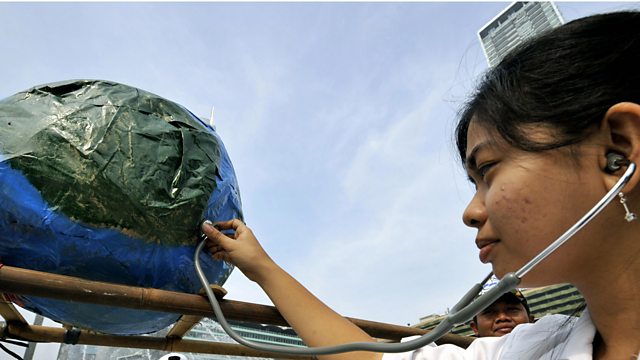The Race for the Biggest Job in Global Health
The post of Director General of the World Health Organisation is up for grabs .The successful candidate will have to try to improve health around the world
In the world of global health, the post of Director General of the World Health Organisation is up for grabs as the current head, Dr Margaret Chan, has been in the post for 10 years. The successful candidate will have to try to improve health around the world, as well as dealing with crises like bird flu, Ebola, Zika and antibiotic resistance. Although the official list of nominations will not be published until September, three potential candidates have already emerged – all of them qualified doctors.
Ethiopian Tedros Adhanom Ghebreyesus of Ethiopia is rumoured to have already been endorsed by the executive council of the African Union. Known simply as Tedros, he has served as his country’s health minister and minister of foreign affairs, leading various initiatives on HIV/Aids, Tuberculosis, and Malaria.
Another probable candidate is former health minister, Frenchman Dr. Philippe Douste-Blazy, who chairs the executive board of Unitaid, an international organisation dedicated to improving the diagnosis and treatment of HIV/Aids, tuberculosis, and malaria. In an interview earlier this year he neither confirmed nor denied that he would be running.
Sania Nishtar is a cardiologist and former minister of health from Pakistan who is also thought to be interested in the WHO top job. She founded Heartfile in 1999, which has grown from a health information-focused NGO to a health policy think tank.
Helen Branswell, who is a senior writer on infectious diseases and global health for the health website STAT, explains that although it may not be officially an African country’s “turn”, Tedros is a very strong candidate.
Skin specialists say they are seeing an increasing number of allergic reactions to chemicals in everyday products used in paint, shampoo and sun creams. One common preservative is methylisothiazolinone – known as MI – which causes problems for some people and there are calls for companies to cut their use. Liz Faulkner who lives in Edinburgh is allergic to MI. It causes her to break out in a rash which can then blister. She has to be vigilant and inspect labels in case it is included in all sorts of products. She even takes her own sheets and pillowcases to hotels as laundry is often washed in detergents containing MI.
Having an inspirational boss can help to encourage employees to succeed. A new study on Danish postal workers found that people who work for so-called transformational managers actually take more time off sick in the long-term. The Danish postal service is looking to diversify – as fewer letters are sent they want to find other local jobs for their postmen and women. But staff seem so keen to please their bosses or not to let the rest of the team down that they apparently go to work when they are ill. Karina Neilsen, who is professor of work and organisational psychology at the University of East Anglia led the study. She says that managers should be thinking about their workers’ health and wellbeing as well as trying to improve productivity – to protect their long-term health.
Photo: Checking world health. Credit: Jewel Samad/AFP/Getty Images
Last on
More episodes
Broadcasts
- Wed 4 May 2016 21:32GMT91�ȱ� World Service except East and Southern Africa & News Internet
- Thu 5 May 2016 01:32GMT91�ȱ� World Service Americas and the Caribbean
- Thu 5 May 2016 02:32GMT91�ȱ� World Service Online, Europe and the Middle East & UK DAB/Freeview only
- Thu 5 May 2016 03:32GMT91�ȱ� World Service East Asia & South Asia only
- Thu 5 May 2016 04:32GMT91�ȱ� World Service Australasia
- Thu 5 May 2016 06:32GMT91�ȱ� World Service East and Southern Africa & Europe and the Middle East only
- Thu 5 May 2016 14:32GMT91�ȱ� World Service except News Internet
- Sun 8 May 2016 19:32GMT91�ȱ� World Service East and Southern Africa
Podcast
-
![]()
Health Check
Health issues and medical breakthroughs from around the world.


